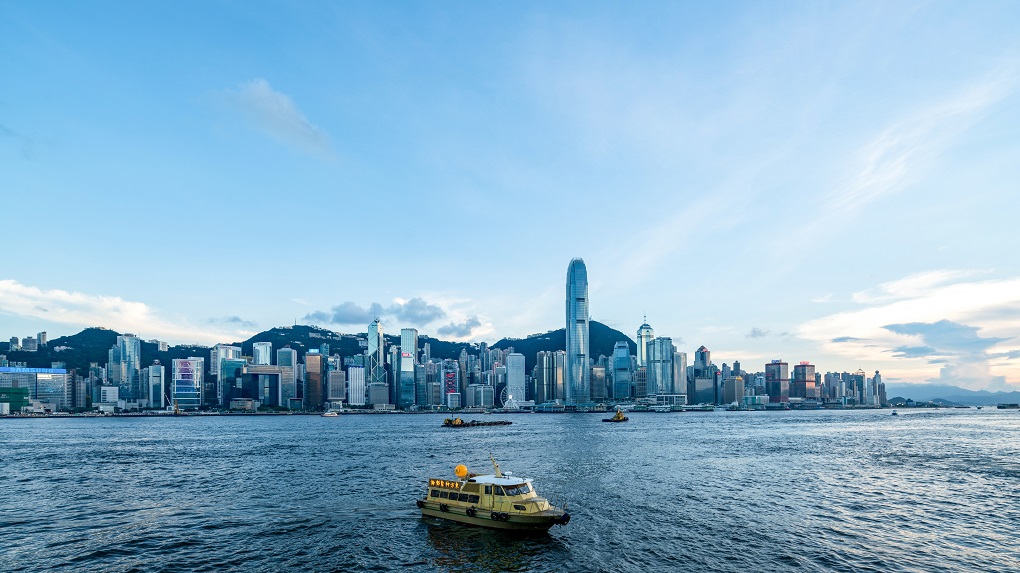Amid the West's ill-intentioned hype targeting the possible application of China's Anti-Foreign Sanctions Law in the Hong Kong Special Administrative Region, claiming that it may impact the city's business environment, Hong Kong Secretary for Justice Teresa Cheng on Sunday posted a blog, pointing out that enactment of the Law is legitimate, reasonable and fair, and the law "states unequivocally that it has to be applied within the whole of China."

Photo: VCG
Cheng said in the blog that the Anti-Foreign Sanctions Law is a national law, and "as the imposition of countermeasures is entirely a matter of foreign affairs, the most natural and appropriate way for it to be introduced to the HKSAR would be to add it to Annex III to the Basic Law in accordance with Article 18 of the Basic Law."
Earlier an official announcement revealed that the meeting of the Standing Committee of the National People's Congress (NPC) from August 17 to 20 will consider the draft decision on the addition of national laws listed in Annex III of Hong Kong and Macao SARs.
It is yet unclear which exact national law will be discussed, but sources familiar with the matter told the Global Times on July 28 that the Anti-Foreign Sanctions Law is likely to be included.
Following the enactment of the Anti-Foreign Sanctions Law in June, the international community is now aware of China's determination to strike back the West's unilateral coercive measures while protecting its legitimate interests.
As a national law, it is legitimate and necessary to apply it across the whole of China, including the HKSAR. For a long period of time, the US-led Western anti-China clique has been playing the "Hong Kong card", attempting to disturb the order of the world-class financial hub as a means to confront China.
Among the West's raft of underhand tactics, one notorious move is to issue so-called sanctions based on their domestic laws to intervene in other countries' internal affairs, clearly going against the principle of non-intervention under international law. Wielding the sanction stick, the US and its followers have been obstructing the legal rights and interest of other countries.
By rolling out the Anti-Foreign Sanctions Law, China is creating a protective wall for local firms and other related entities to withstand external illegal sanctions. Under this law, it's unlawful for multinationals, governmental departments or others to act up to other countries' illegal sanctions toward Chinese firms and individuals.
Though the anti-China forces may not give up attacking the application of the law in Hong Kong or even attempt to push international investors to exit the market, the effect will be limited as enhancing legislation will cement the city's stability and undoubtedly further boost Hong Kong's long-term prosperity which will in turn attract more foreign capital.
It's no longer breaking news for some foreign media outlets or politicians trying to vilify the legal construction of Hong Kong and taking any opportunity to preach about the so-called tide of foreign capital withdrawing from the region, including during the implementation of the national security law in last June. However, foreign capital has not exited Hong Kong and business representatives have been repeating their long-term commitment in growing in the market.
To sum it up, the US' clique may not used to facing countermeasures from others nations, but China has been determined to take more active posture to fight back any unilateral coercive moves. The Western forces' efforts to vilify China's legitimate moves or business environment will only prove to be futile.


